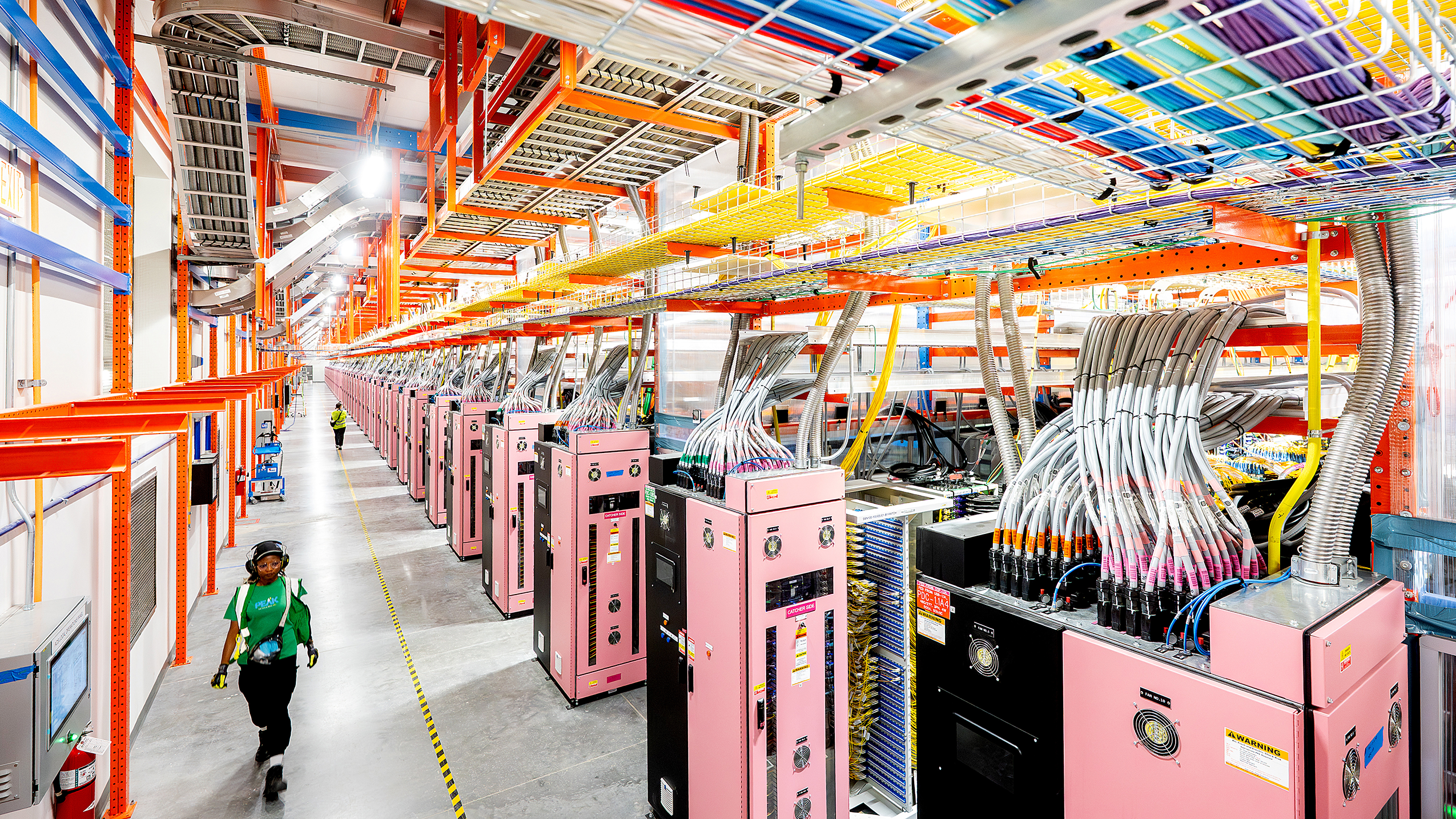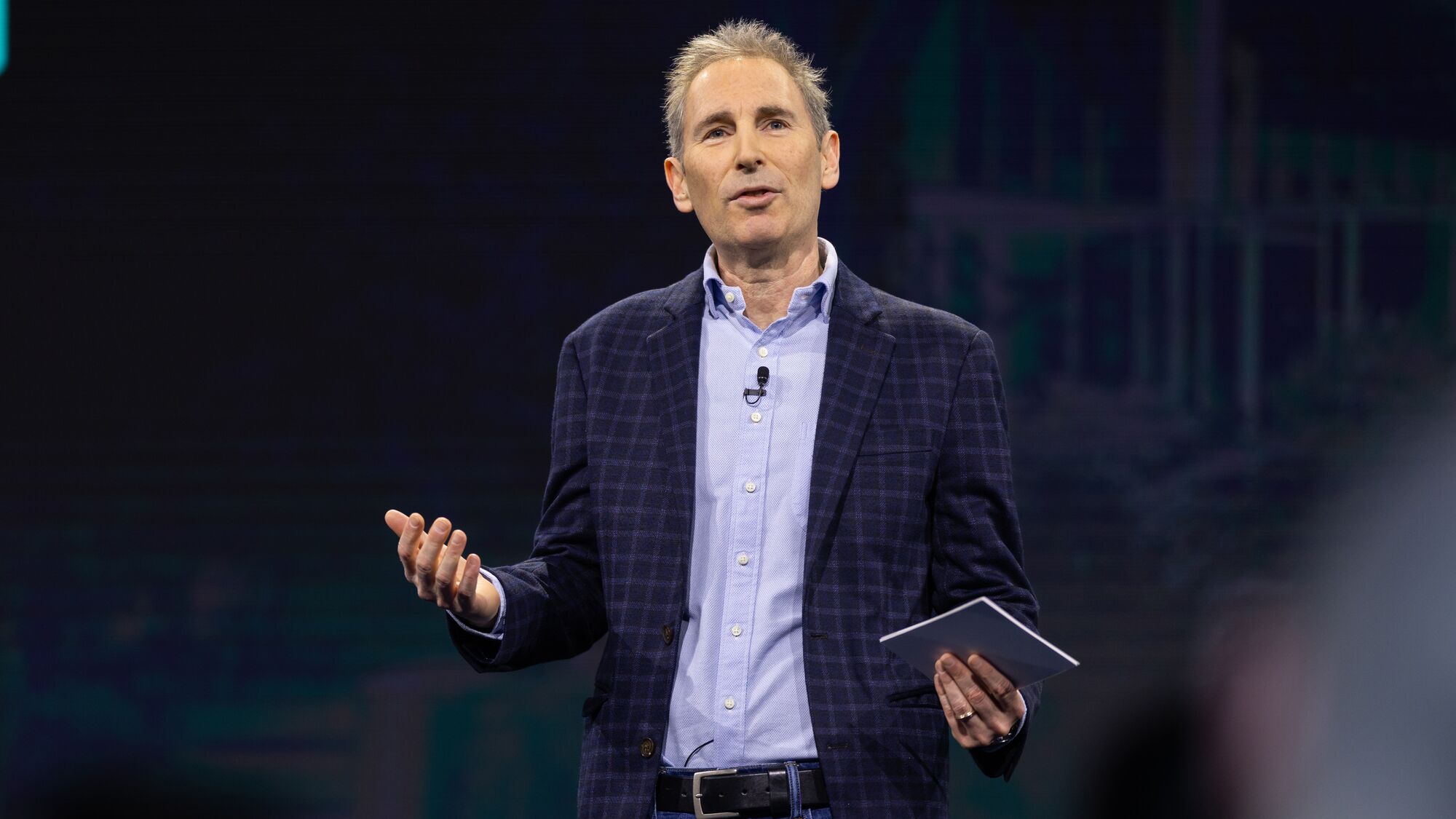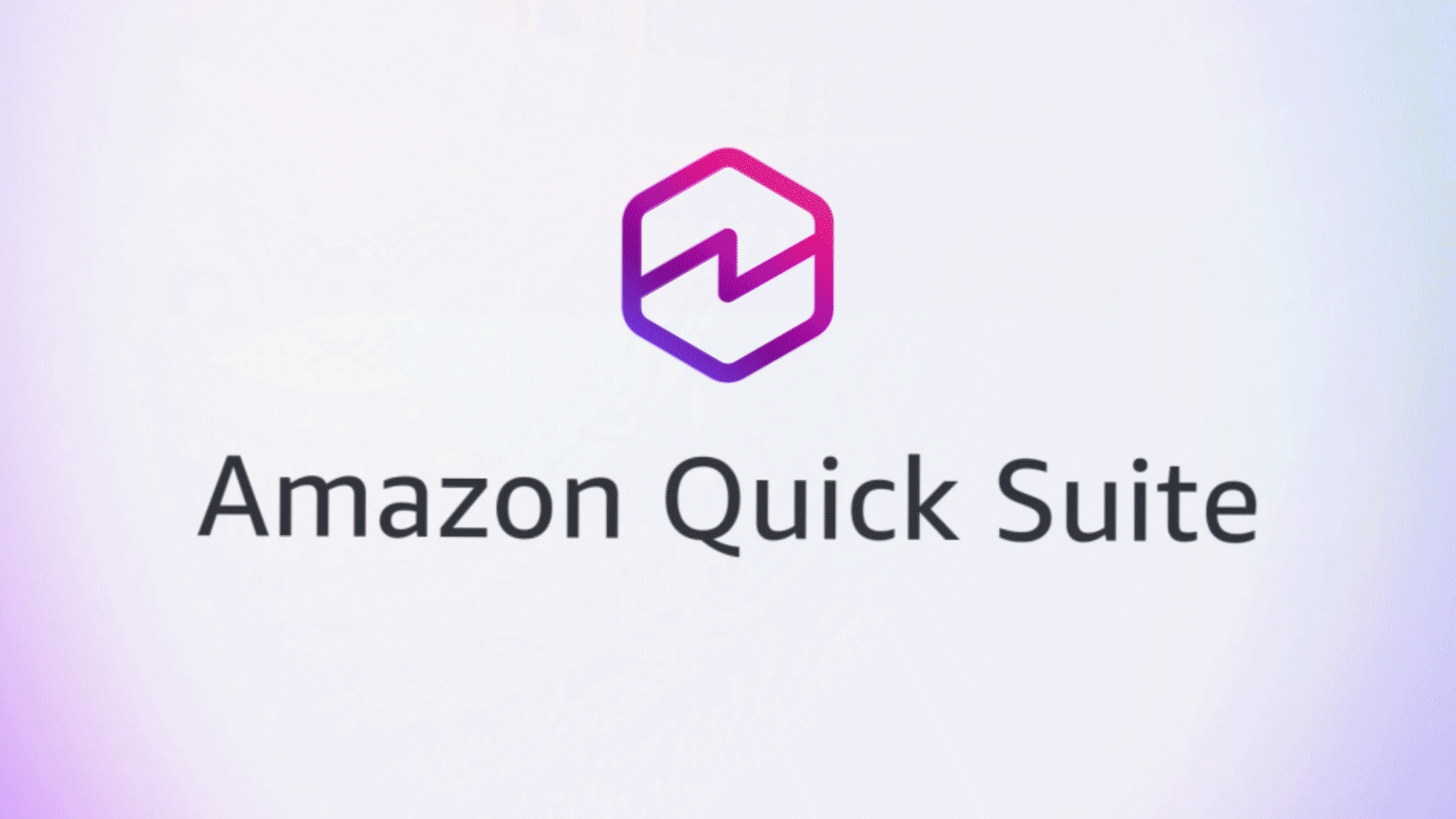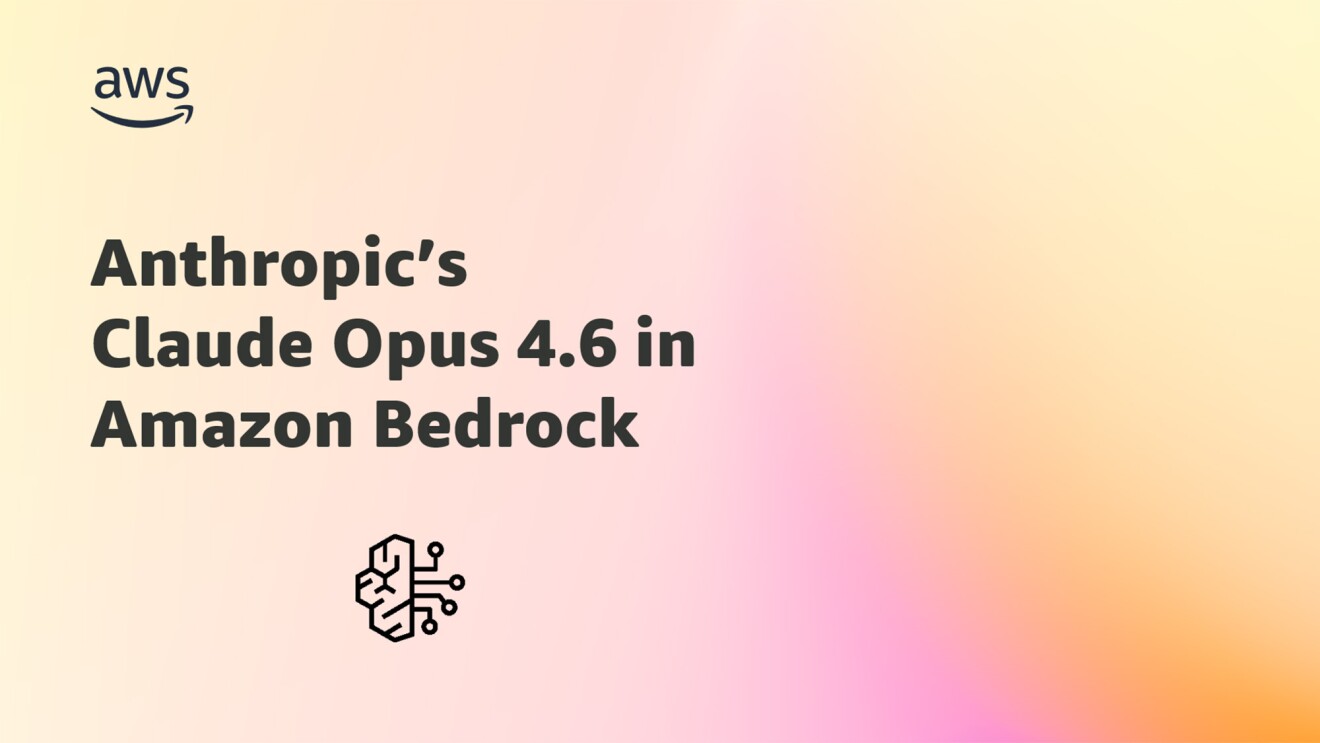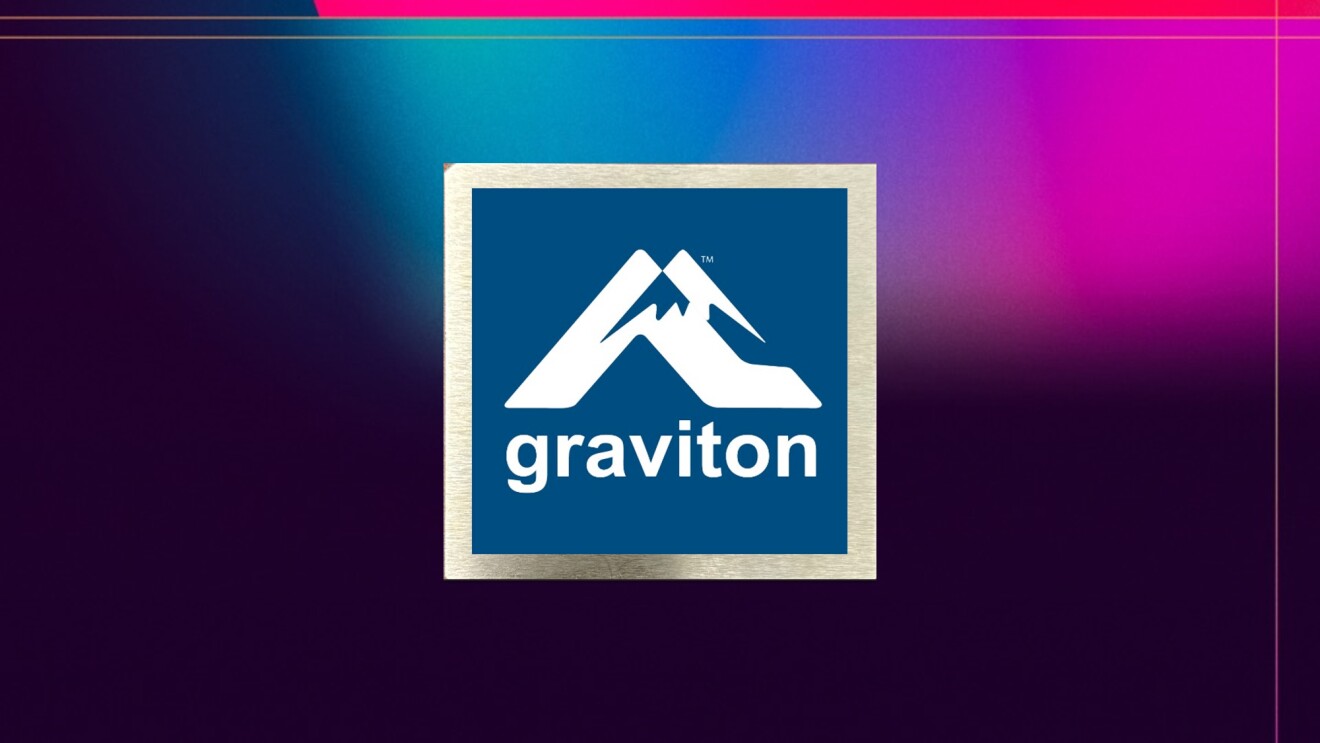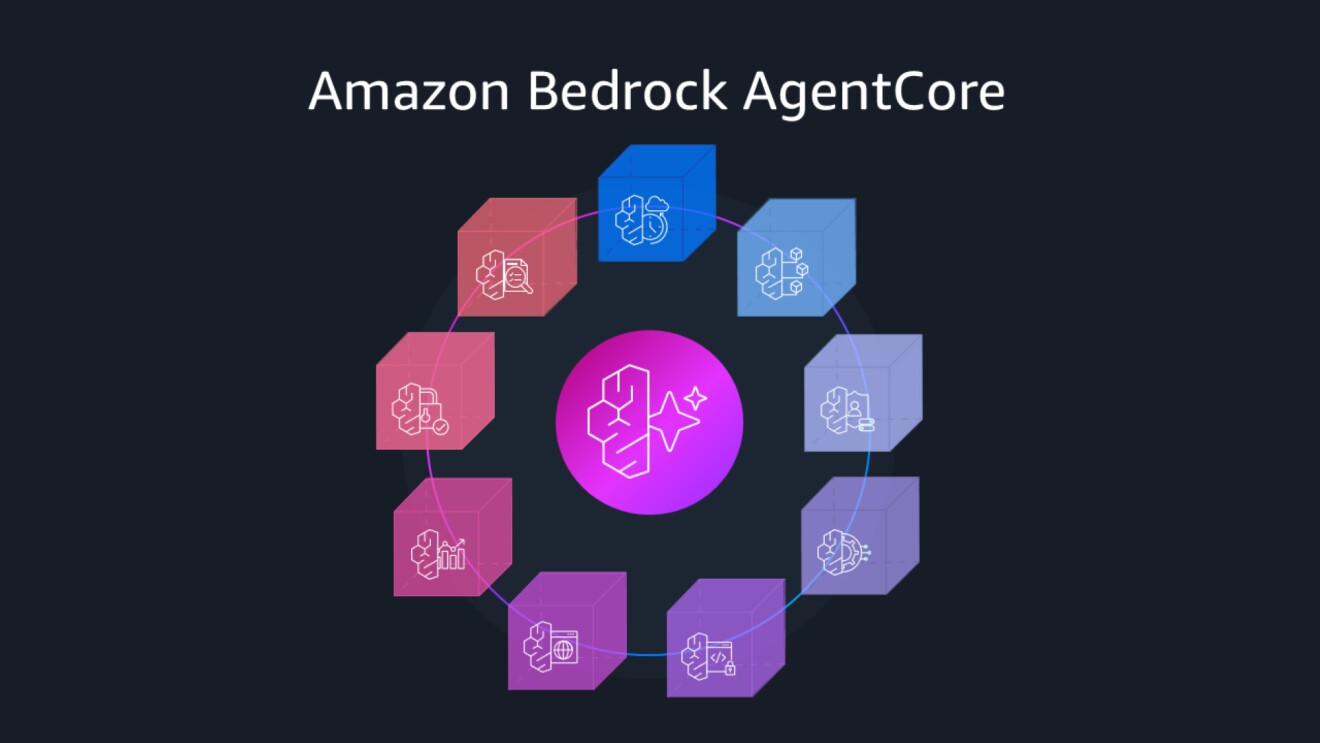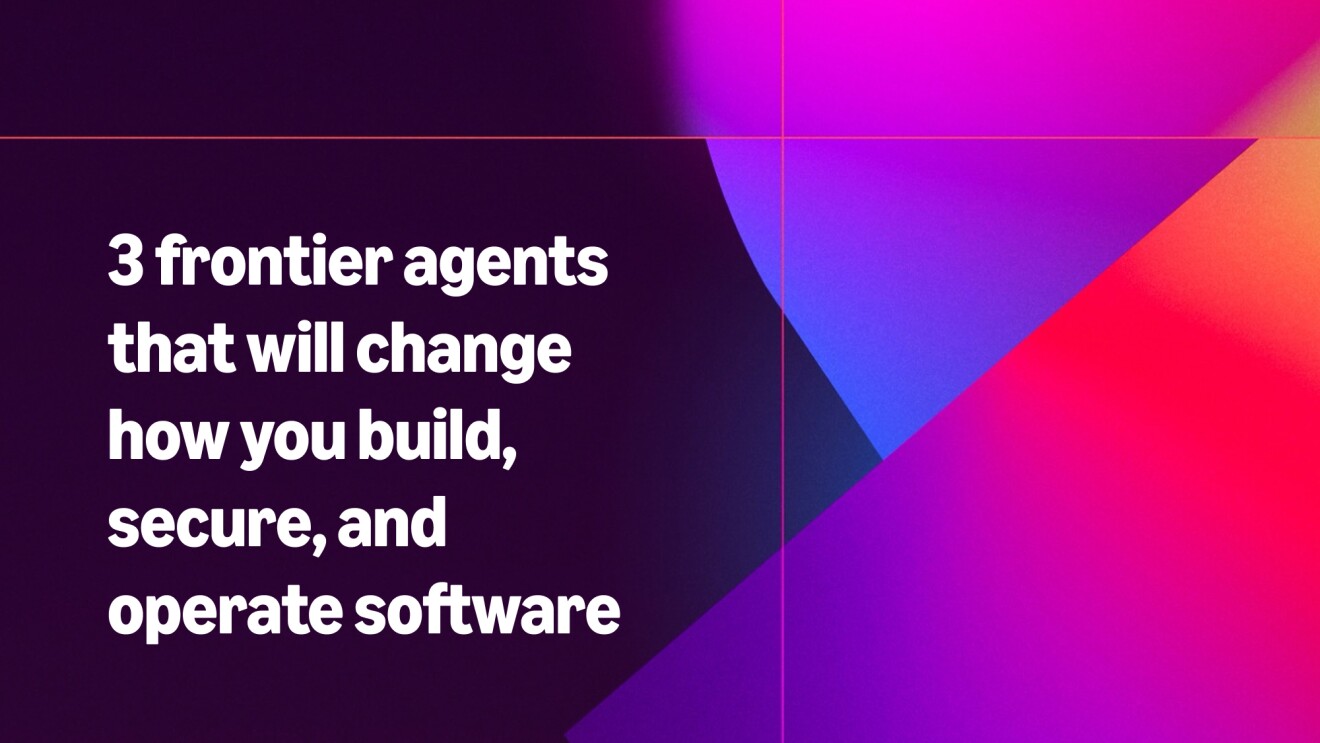When Matt Garman chose Amazon Web Services (AWS) for his Amazon internship in the summer of 2005, he knew he was stepping into the unknown. While other Amazon business leaders described the opportunities they offered interns in great detail, Andy Jassy’s pitch on an unnamed, internal Amazon tech startup left out exactly what it was doing. What would become AWS, and the whole notion of cloud computing it would introduce, was still in stealth mode. The way his fellow interns saw it, joining AWS was far more a leap of faith than working for Amazon’s other better known, more established retail offerings. But, Garman saw it differently.
“I thought it was wildly interesting, from a technology perspective, and also from a business perspective,” said Garman. At the time, he was finishing up his MBA at Northwestern University, having already completed undergraduate and graduate degrees in industrial engineering at Stanford University. “All I wanted to know was, where do I sign up?” added Garman, although he admits he never imagined where it would take him. Fast forward 18 years, and he is now CEO of what has become a $100 billion annual revenue run rate company—one that’s still (as both he, and his boss Jassy, would put it) just getting started.
We spoke to Garman after it was announced he would be taking over from Adam Selipsky, and Jassy before him, as the third CEO of AWS. Here are 10 things you need to know about the man who grew up in Scottsdale, Arizona, likes to listen to the Acquired podcast when driving in to work, takes a break by spending time in the mountains with his family, and whose favorite food is a good taco truck burrito.
1. Andy Jassy sold Garman on AWS when he was an intern
Amazon offered me an internship when I was at business school. I already had some experience at startups, but one thing I really wanted to know was how does a bigger company actually invent inside that larger organization? How does it start new businesses? How does it drive innovation? Amazon invited my intern cohort to Seattle for the weekend so we could find out about specific internship opportunities that were available. People came to talk to us about things like books, music, and sporting goods. The other interns were super excited about those parts of the retail business, but for me it was Andy Jassy’s presentation that stuck out. He said: “We're starting up a new business. I can't tell you much about it, but it's heavy on technology and we think it has a lot of potential.” I knew immediately: that was the one I wanted to work on.
2. When Garman was hired full-time as a product manager in 2006, AWS had three people in sales
When I joined AWS as a full-time employee, our worldwide sales team was three people. We did everything. I was the product manager and I wrote product detail pages, came up with pricing plans, ran product naming meetings—whatever was needed. We all saw there was something there, but we really didn’t know how big AWS was going to be. We were just really excited about going and building things, about seeing what we could do.
3. Amazon taught him the importance of knowing things in depth, and in detail
When I took on the responsibility to build and lead my first service, Amazon Elastic Block Store (EBS), one of the things that really struck me was the depth of knowledge everyone expected me to have. I needed to know operational metrics, latency, where exactly we were seeing performance gains, what were the things customers wanted us to do better, and precisely how we planned to fix them. It’s that level of detail, how focused we were on customers, how much we listened to their feedback and then changed our roadmap because of it, that I still draw on today. First and foremost, we have to deliver great products and value for our customers. That's what AWS is built on: outstanding service, security, and operational performance. I think when you combine those things, and then go innovate again and again to solve customers’ problems, a lot of things become easier. I learned that very early on and I've continued to focus on it ever since.
4. He sees it as his job to remove blockers
I think the biggest impact you can have as a leader is not from your individual ideas or output, but from the team you hire. You have to build an environment where an outstanding team can go and deliver outsized results. I see my job as removing blockers for folks—figuring out how to help them go faster, how to identify more opportunities to push on—but then get out of their way. I think this does a couple of things: It gets a lot of people moving in the same direction to solve big problems, and it gives those people ownership to go and deliver for customers.
5. Garman loves a good debate
It’s very hard for a single person to deliver on any sort of scale, so having a talented team is incredibly important. If your team gets into a situation in which people are more worried about who owns what, or who’s going to get the credit, that's when you start getting sidetracked. I’m most excited, and I’m at my best, when we’re focused on delivering for customers and iterating for the business. That doesn't mean there's no room for discussion. I love being on a team that can debate the merits of something, make a decision, and then go after it. That’s the kind of collaboration that gives us the best results, and at the center of one Amazon’s leadership principles, 'Have backbone'; 'disagree and commit'. I feel incredibly fortunate to work with a ton of extremely smart people. I think it’s a key component of what makes anyone successful.
6. Diving deep is one of his skills, Garman thanks his family for that
I hear a lot of people talk about the importance of listening to customers, but I’m often surprised by how few actually do it. Oftentimes, they already have in their head what they think the answer is, so in truth they’re not really listening to what that customer is saying. Whenever I sit down with a customer, I always try to be aware of any preconceived notions I may have, and make sure I put them aside. I want to truly understand the customer’s perspective, so I can dive deep into the issue or challenge they are trying to solve for. To do that, I need to keep an open mind. The words people use and the thing they're actually trying to say aren't always the same. Maybe it’s because when I was growing up, my family was full of big talkers who liked to deliver a point that got heard, that I developed a skill for cutting through and getting to the ground truth. I think that’s something I bring to the table.
7. Security will always be AWS’s—and Garman’s—number one priority
Delivering secure and operationally excellent services for our customers is, and will forever remain, our top priority. Andy Jassy said on my very first day that ensuring security for our customers is “job zero”. That hasn’t changed in 18 years and it won’t change under my leadership. Our customers are not simply using AWS as a ‘nice-to-have’. They’re literally trusting us with their critical business operations, with their most important data, and with how they serve their own customers.
8. Garman wants to make sure AWS customers can take advantage of generative AI
With security as the absolute baseline, the next most critical thing for AWS today is innovating on behalf of our customers in the realm of generative AI. Generative AI is going to disrupt and change almost every industry and customer experience in the world. It’s an area where we have invested heavily, and will continue to do so. It’s our job to help customers easily build any type of generative AI applications and make sure they perform well, do so securely, responsibly, and in the most sustainable way possible. Whatever it takes, when it comes to generative AI AWS is well positioned to build it. We have some of the world’s greatest developers, AI experts, and technology. I don't think anyone can tell you what things are going to look like in the generative AI space 12 months from now. But what I can say is, together with our partners, we’re making sure customers can take advantage of all the new technologies that will be coming down the line.
9. He enjoys entering new situations to understand what makes things tick
AWS offers hundreds of different services. Our technology goes really deep and really broad, and everyone–from early-stage startups to large enterprises to governments–is using it in very different ways. I’ve had the opportunity to be part of building a lot of this technology, and so I understand the details of how it works. I’ve led hypervisor teams, storage teams, and sales teams, and these experiences have enabled me to think about all the different perspectives of how a customer might approach a problem. How do their IT folks go about solving problems versus their business team? How do their international teams operate differently from one country to the next? I really enjoy diving into both the problems that customers face and the variety of solutions they land on, as well as trying to understand what makes things tick.
10. Garman wants to pay it forward
I've been lucky enough to have a very supportive family, and access to the kind of educational opportunities that many other people don’t. It’s why I feel that helping to ensure equality around education and leadership opportunities is a valuable use of my time. I support an organization called First Tee, which offers leadership development to kids, as well as the chance to play golf when they may not be able to afford it. It's important to me to support these types of organizations, which give young people a chance to gain confidence by showing them what they can accomplish through focus and practice. I also support the One Acre Fund. I think it is important that we have a global view, and many folks around the world are struggling just to survive. Helping educate those families on simple things like best practices around farming, and providing access to seeds and fertilizer can help them to become self-sufficient and completely change the trajectory of their lives. I’m also very involved with an organization here in Seattle called Rainier Scholars, which cultivates the academic and leadership potential of underrepresented students of color. Education meeting opportunity has been a throughline in my career, and I want to help pass along that same powerful combination to others. It’s not only about helping the individuals move forward, but also bringing in their new perspectives, ideas, and approaches, which is critical to a place like AWS as we continue to grow and move forward.
Trending news and stories


